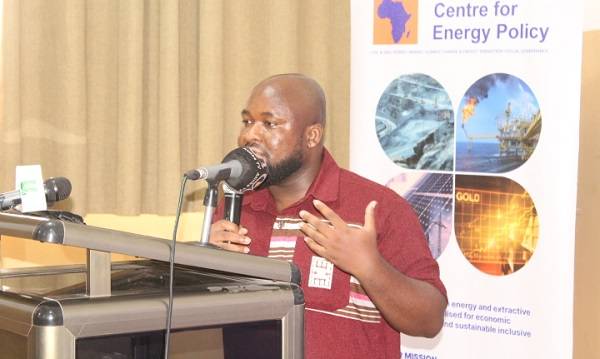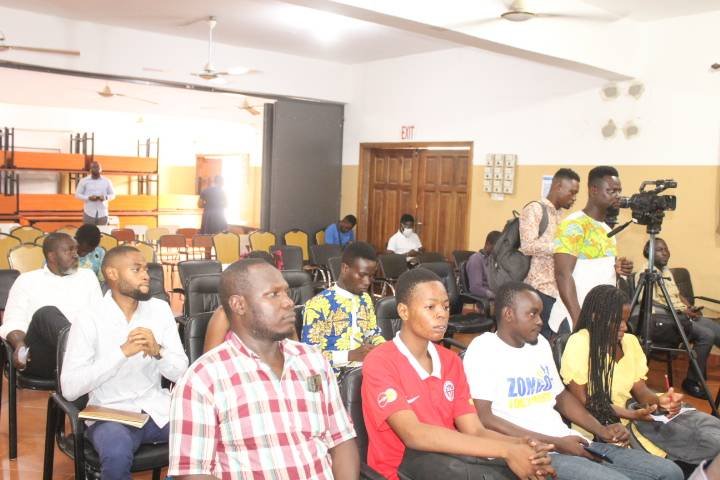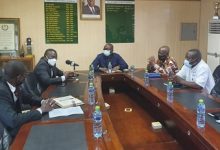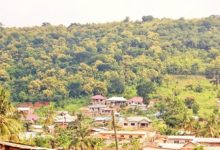
The government has been urged to prioritise investments in key sectors of the economy, particularly health, education, and agriculture to ensure its transformation.
This, according to Kodzo Yaotse, Policy Lead, Petroleum and Conventional Energy, African Centre for Energy Policy (ACEP), was critical in ensuring that those sectors do not become overly reliant on petroleum revenue for growth.

Currently, he said, ACEP had observed that the government had failed to release budgetary allocations to those sectors within the past years due to the notion that those sectors were being supported by revenue from the extractive sector.
Speaking to the Ghanaian Times on the sidelines of an engagement with students of the Wisconsin International University College, Ghana (WIUC-Ghana) in Accra yesterday, he noted, that, rather than revenue from the extractive sector being the primary source of funding for those key sectors, it was intended to compliment other sources of funding.
The purpose of the engagement was to enhance students’ awareness on resources revenue management in Ghana and empower them to actively monitor government’s utilisation of natural resource revenue.
It was on the theme, “Strengthening accountability for good resource governance through active citizenship.”
“The observation we have noticed in the data is that, as more resource revenues are allocated to a particular sector then the traditional government revenue that is originally supposed to go there keeps reducing,” Mr Yaotse stated.
Such a trend, he said, would have a negative impact on government’s economic recovery programme as the key metrics used to measure progress in the various sectors, such as the health, educational and agricultural sector would be lacked.
Mr Yaotse underscored the need for government to “have control over the country’s debt profile and free up more space to be able to carry out other developmental projects to help resolve current challenges.”
He further indicated that it was imperative that Ghanaians track and monitor projects funded by the government with revenue from the extractive sector, saying that “debt declaration alone did not ensure accountability.”
Mr Yaotse entreated the students to develop interest in national policies and engage in the governance of the country’s resources through research, advocacy, project tracking, monitoring and reporting, and partnerships.
The President of WIUC-Ghana, Professor Obeng Mireku, said the theme for the engagement underscored the need for a collective action and shared responsibility in managing the country’s natural resources sustainably.
He said, effective resource governance which ensured equitable distribution of wealth, safeguards the environment and promotes socio-economic stability, was indispensable to the country’s development trajectory, particularly, in the petroleum and oil and gas sector.
Dr Bright Mawudor, Dean, School of Business, WIUC-Ghana, called on the government to focus on the people, processes, performance, purpose, and planning in the management of the resources to maximise its benefits.
BY CLAUDE NYARKO ADAMS







